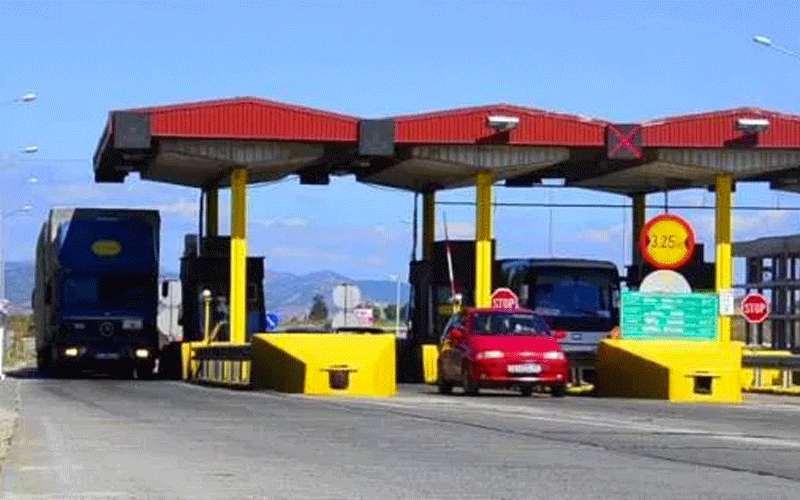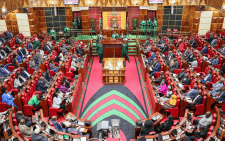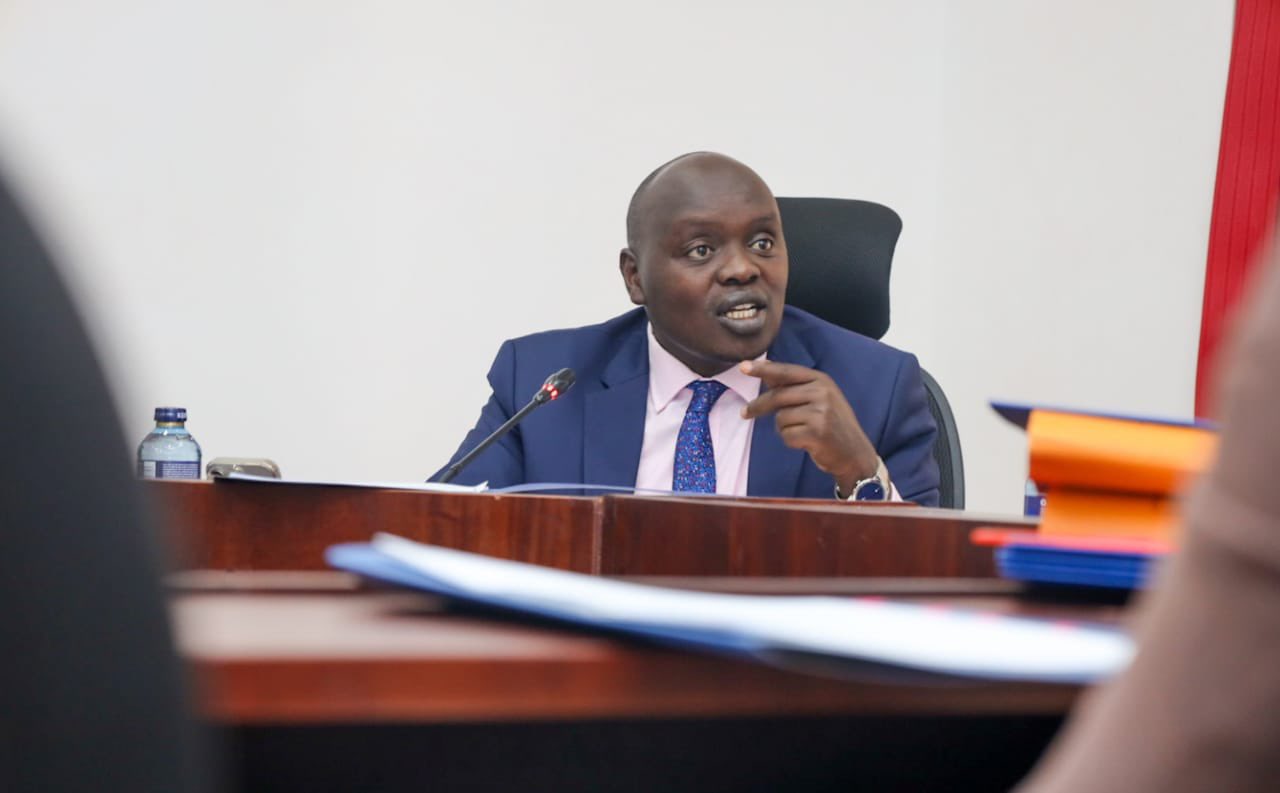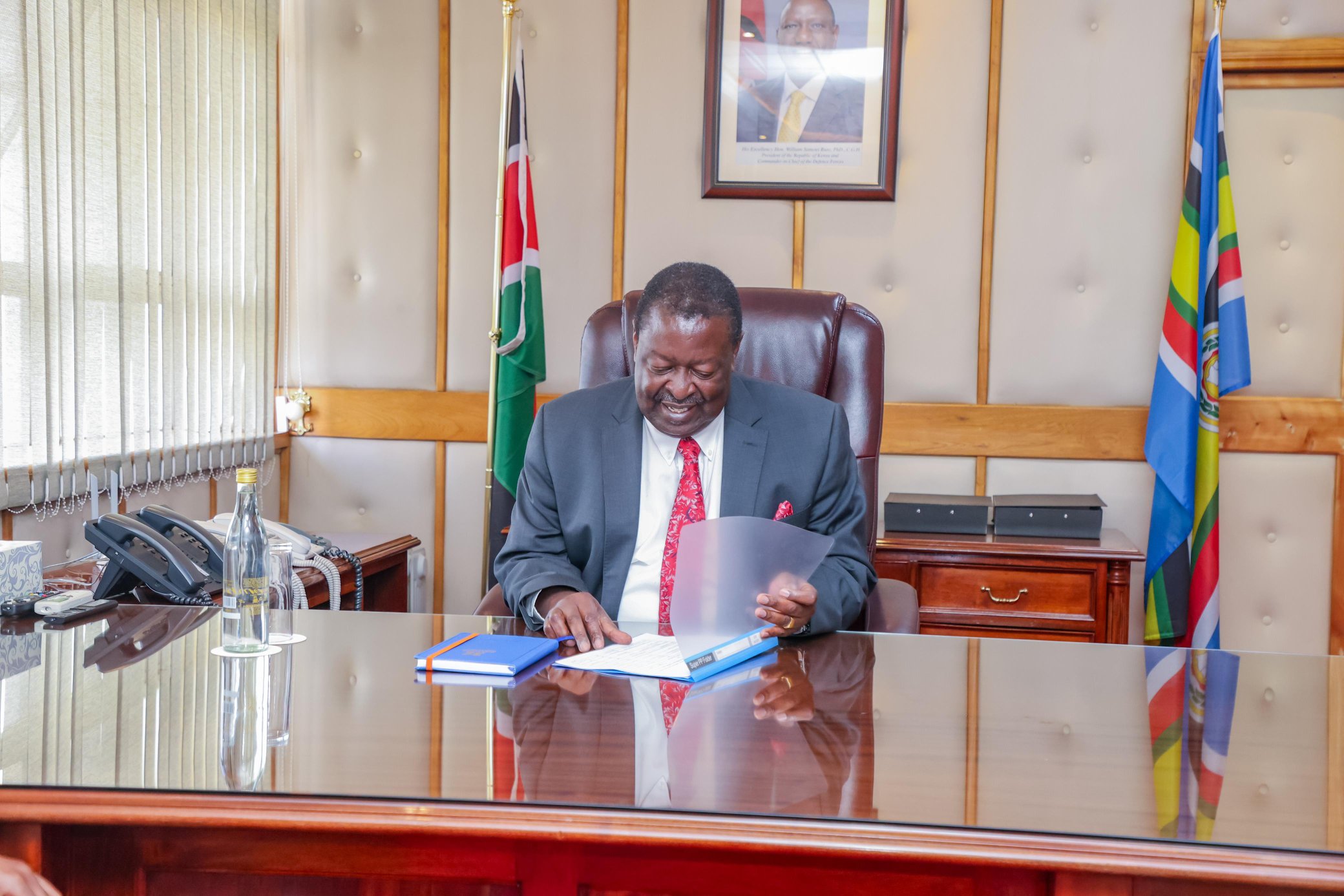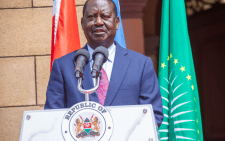Motorists are headed for rough times after the government published the Public Roads Toll Act which guides the introduction of toll fees for use of highways.
The bill proposes to amend the Act to enable the persons, who enter into agreement with the Cabinet Secretary responsible for roads, collect toll fees on roads constructed and managed under such agreements.
If passed by Parliament, motorists will start paying for toll fee starting July this year at a fee to be set by the Transport Cabinet Secretary. The fee will be based on distance and capacity of the car.
The list of highways, where motorists will be paying for toll fee include Nairobi-Nakuru, Nairobi-Mombasa, Nairobi-Thika and Nairobi’s Southern and Eastern Bypasses.
The amendment, contained in the Finance Bill 2020, to be presented in Parliament this week also proposes the creation of a fund by the Cabinet Secretary for the National Treasury in which the funds collected shall be deposited into.
Under the new law, the Treasury CS will establish a fund to be known as the National Roads Toll Fund under the Public Finance Management Act, 2012.
“All toll fees collected by the persons appointed under the law shall be remitted to the Fund,” states the bill signed by Treasury CS Ikur Yatani.
The new road toll charges, which amount to a new layer of taxation, will see motorists pay toll charges on top of the fuel levy despite the fact that roads are funded using tax revenues.
The roads maintenance and fuel levies were also introduced in the place of toll fees.
Roads tolls were initially introduced in Kenya in the late 1980s, but were scrapped in the mid-1990s in favour of the Roads Maintenance Levy to eliminate corruption at toll stations. The levy is currently charged at Sh18 per litre for petrol and diesel.
The Finance Bill formulates the proposals announced in the Budget for 2020/2021 relating to liability to, and collection of taxes, and for matters incidental thereto.
The Transport Committee of the National Assembly had last year directed the Treasury, the Ministry of Transport and the Attorney-General to urgently table a bill that will guide the imposition of toll fees on major national roads and establishment of a toll fund.
The Finance Committee chairman Joseph Limo is now expected to move the bill before Parliament after which it will be subjected to public participation ahead of debate by members.
In other measures introduced by Yatani aimed at raising revenue to fund the Budget deficit, Treasury is also seeking to amend a number of bills including the Capital Markets Act (Cap. 485A).
The Bill seeks to amend Section 11 (3) of the Act to bring private equity and venture capital firms that access public funds (pensions scheme funds) under the regulatory oversight of the Capital Markets Authority (CMA) in line with the Cabinet Secretary’s policy pronouncement and intention in the financial year 2015/16 budget speech.
“The Bill further seeks to amend section 18 of the Act to remove the function of payment of beneficiaries from collected unclaimed dividends when the resurface since this is a function currently domiciled under the Unclaimed Financial Assets Authority to expand the application of the Investor Compensation Fund (IFC) to activities such as whistle blowing, forensic audits and other related activities that are proactive in nature as far as protection is concerned,” reads the Bill.
Treasury also seeks to amend the Retirement Benefits Act, 1997 to enhance supervisory role of the authority on pension schemes by providing powers to charge a penalty for failure to submit actuarial valuation reports within the period specified in the regulations.
The Insolvency Act (No. 18 of 2015) will also be amended to reduce the risk exposure on the tax revenues held by commercial banks before transfer to Central Bank by declaring them preferential claims in the order of priority in the event of insolvency.

